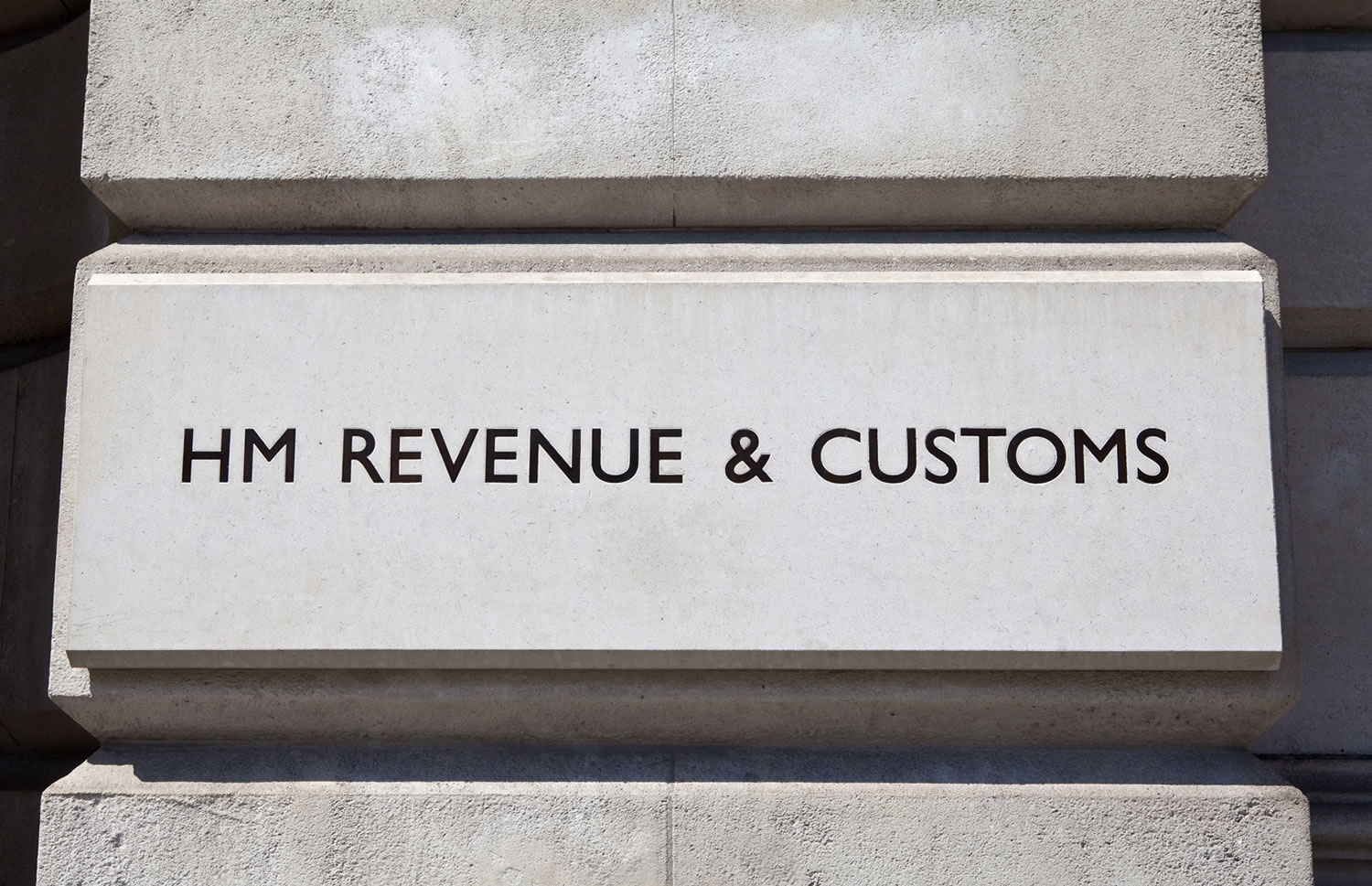The 2016 Autumn Statement
In recent times client feedback has suggested that most of you feel rather inundated with information following the autumn statements and annual budget delivered by The Chancellor. With the advent of social media, and most professional organisations now issuing commentary or updates immediately following the announcements, we believe these events have now become very noisy. Added to this, we are aware that the devil is often in the detail and some of the real stories or announcements appear in the days and weeks following the budget/statement, therefore, being missed by those rushing to be first with the news. Accordingly, we have taken the decision to avoid the stampede and provide you with a simple update on the major announcements that are most likely to affect you once we have had chance to review them and really dig into the detail.
Here is our summary of the key announcements in this years Autumn Statement.
Individuals
- The Personal Allowance will increase to £11,500 in 2017/18 and £12,500 by 2020/21.
- The higher rate threshold will be set at £45,000 in 2017/18 but will be rising in due course to £50,000.
- The ISA limit will increase from £15,240 in the current tax year to £20,000 for 2017/18.
Businesses - The Corporation Tax rate is confirmed to drop to 19% from 1 April 2017 and to 17% from 1 April 2020.
- Rural rate relief extended to 100% relief for qualifying small business.
- Letting agent fees will only be charged to landlords and not to tenants under proposals.
Employment
- Currently there is a slight mismatch between the Employee and the Employer NIC thresholds. The thresholds will be aligned with the Employer threshold reducing to £157 per week
- Class 2 NIC will be abolished
- The types of benefit which can be offered through a salary sacrifice are to be restricted to pension contributions, low emission cars, childcare and cycle to work.
- The rules for the valuation of benefits particularly job-related accommodation will be reviewed.
- Off-payroll working has been a focus with IR35 and agency rules requiring PAYE and NIC to be applied to affected workers. Public sector bodies which engage workers via agencies including PSC will have to operate the agency rules and ensure PAYE is correctly applied.
- The National Living Wage will increase to £7.50 per hour from April 2017.
VAT
- Some businesses using the Flat Rate Scheme will be affected by an increased flat rate charge which is being introduced to counter perceived abuse by “consultancy” labour only business. See a detailed report here.
For a more detailed view of the autumn statement, please download our special report evans-weir-autumn-statement-review-2016
